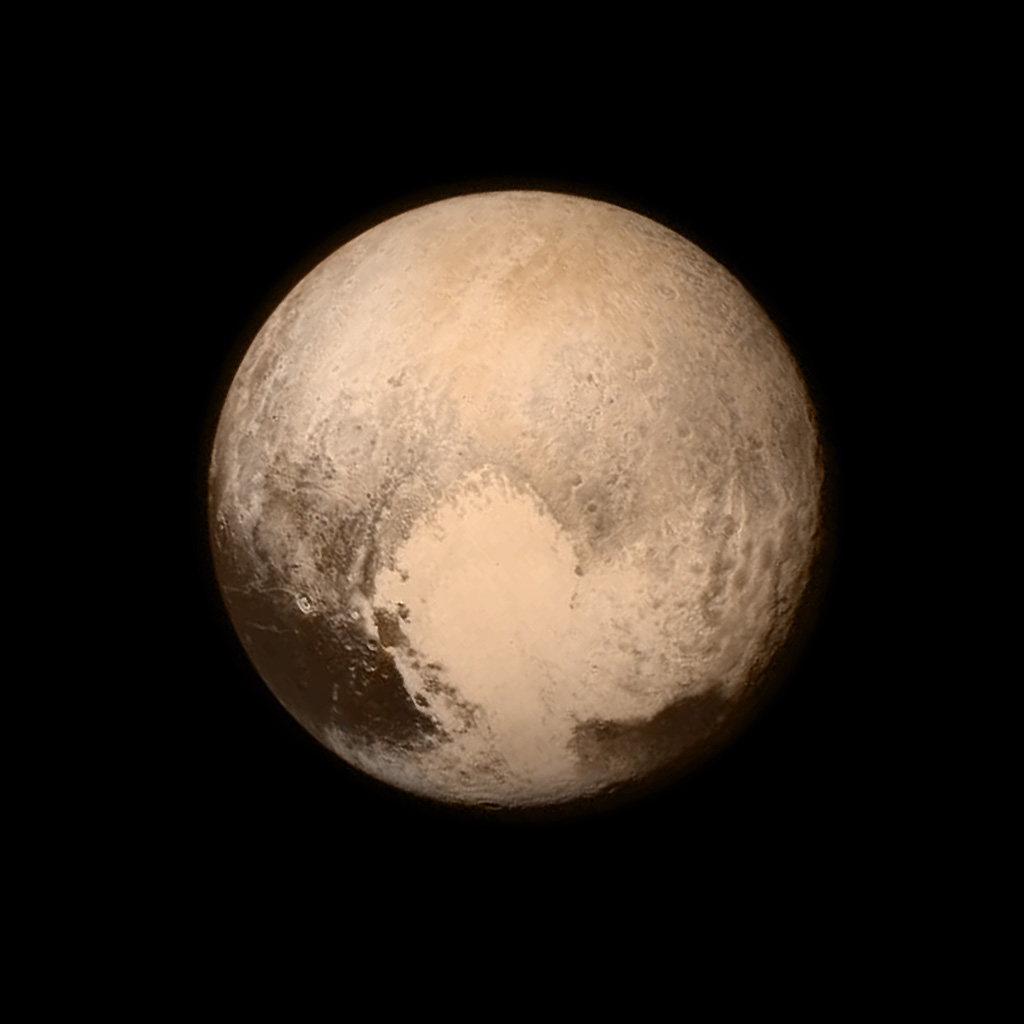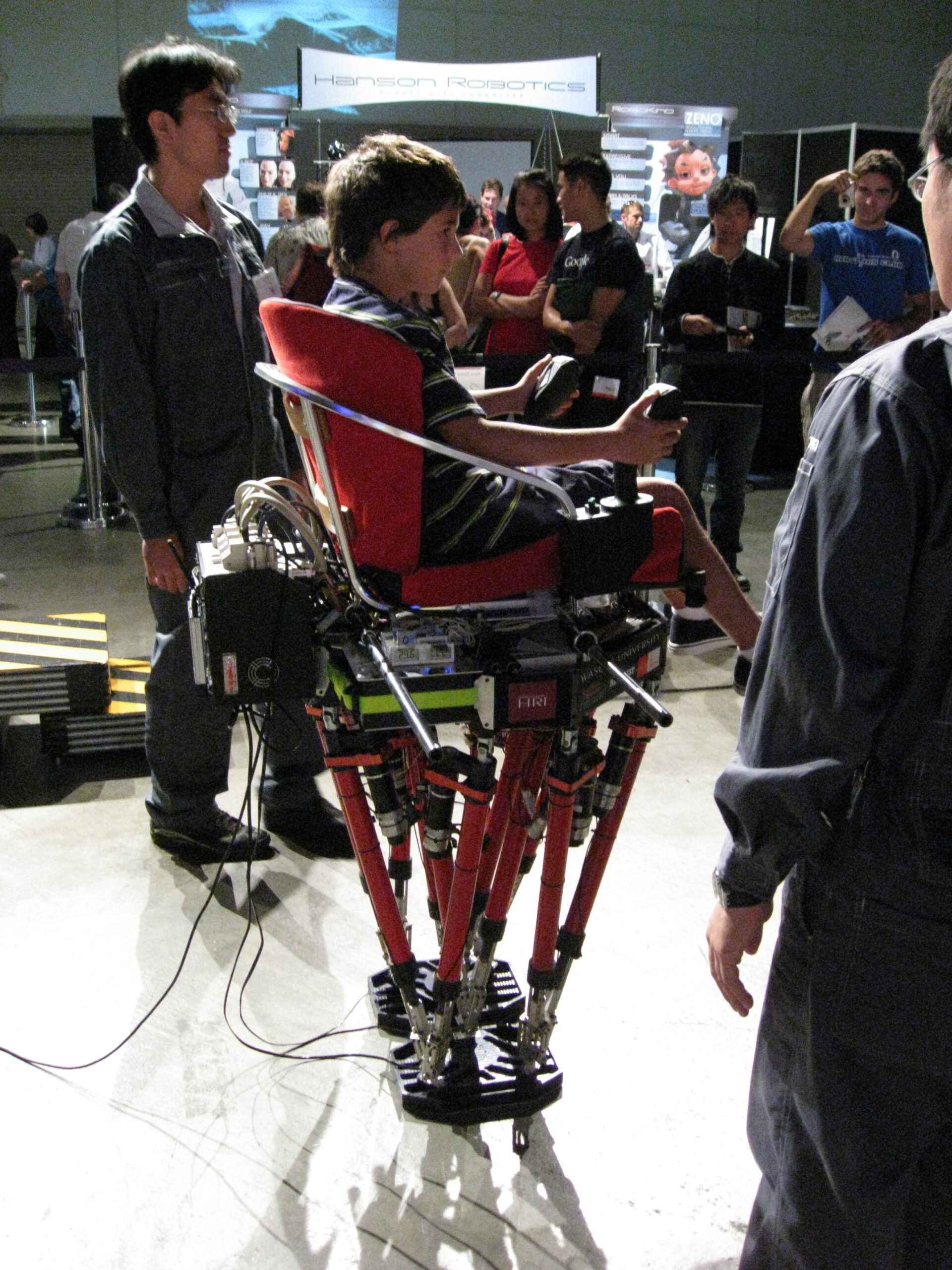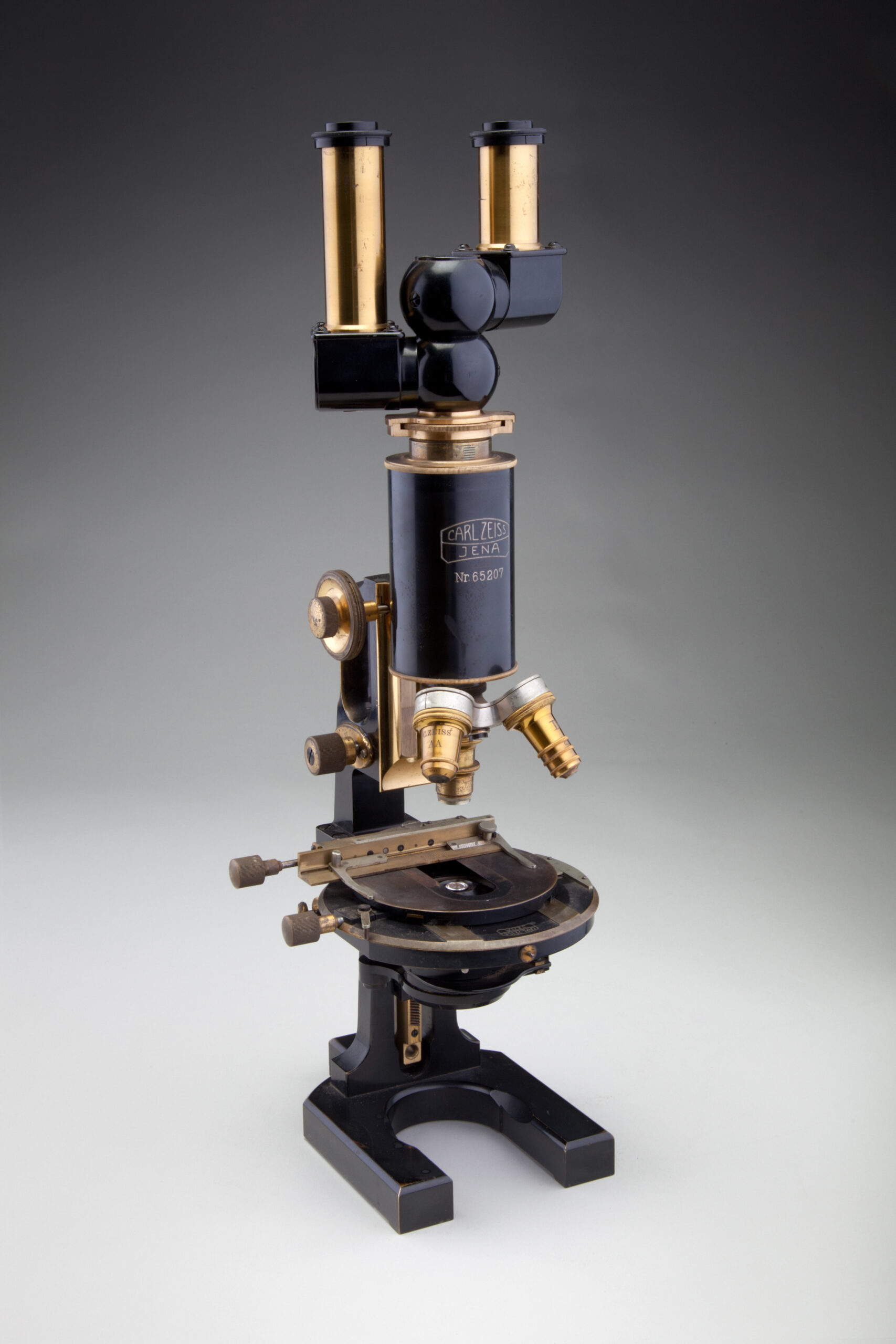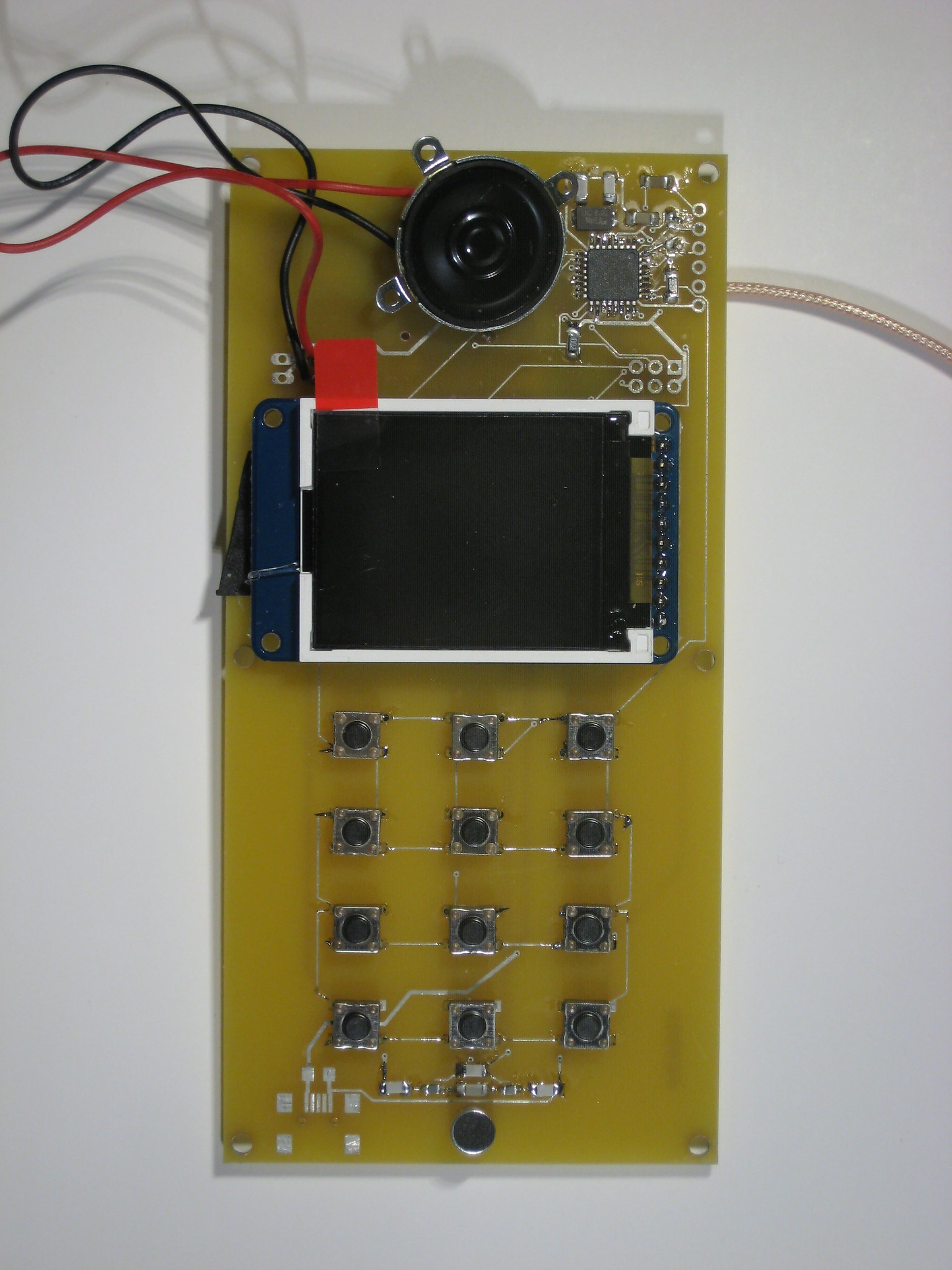
Planet: Tracing Its Etymology and Astronomical Origin
Unearth ‘planet’s roots: from Greek ‘planētēs’ meaning wanderer, to its astronomical definition shaping modern cosmos
But you don't know it

Unearth ‘planet’s roots: from Greek ‘planētēs’ meaning wanderer, to its astronomical definition shaping modern cosmos

Explore ‘skeleton,’ from Greek ‘skeletos’ meaning dried up, to its modern role as the body’s structural framework

Delve into ‘exoplanet’: Greek ‘ἔξω’ (outside) shapes its term for planets orbiting stars beyond our solar system

Explore ‘exoskeleton,’ from Greek ‘exo’ (outside) and ‘skeleton,’ a term for natural protective layers and robotic suits.

Delve into ‘catharsis’: from Greek ‘kathairein’ for purification, to its use in Aristotle’s drama theory and psychology.

Explore the telescope’s etymology, from Greek ‘tele’ (far) and ‘skopein’ (to see), to its revolutionary role in astronomy

Trace the microscope’s journey: from ‘mikros’ and ‘skopein’ in Greek, meaning ‘to see the small,’ to a key scientific instrument

Unpack ‘prototype’: from Greek ‘first model’ to its crucial role in contemporary design, engineering, and innovation.

Discover monarchy’s evolution from ‘monos’ and ‘arkhein’ in Greek to varied global forms, from absolute to constitutional

Trace ‘tyranny’ from Greek ‘tyrannos’ to its negative connotation, including Athens’ shift from popular rulers to oppressors.